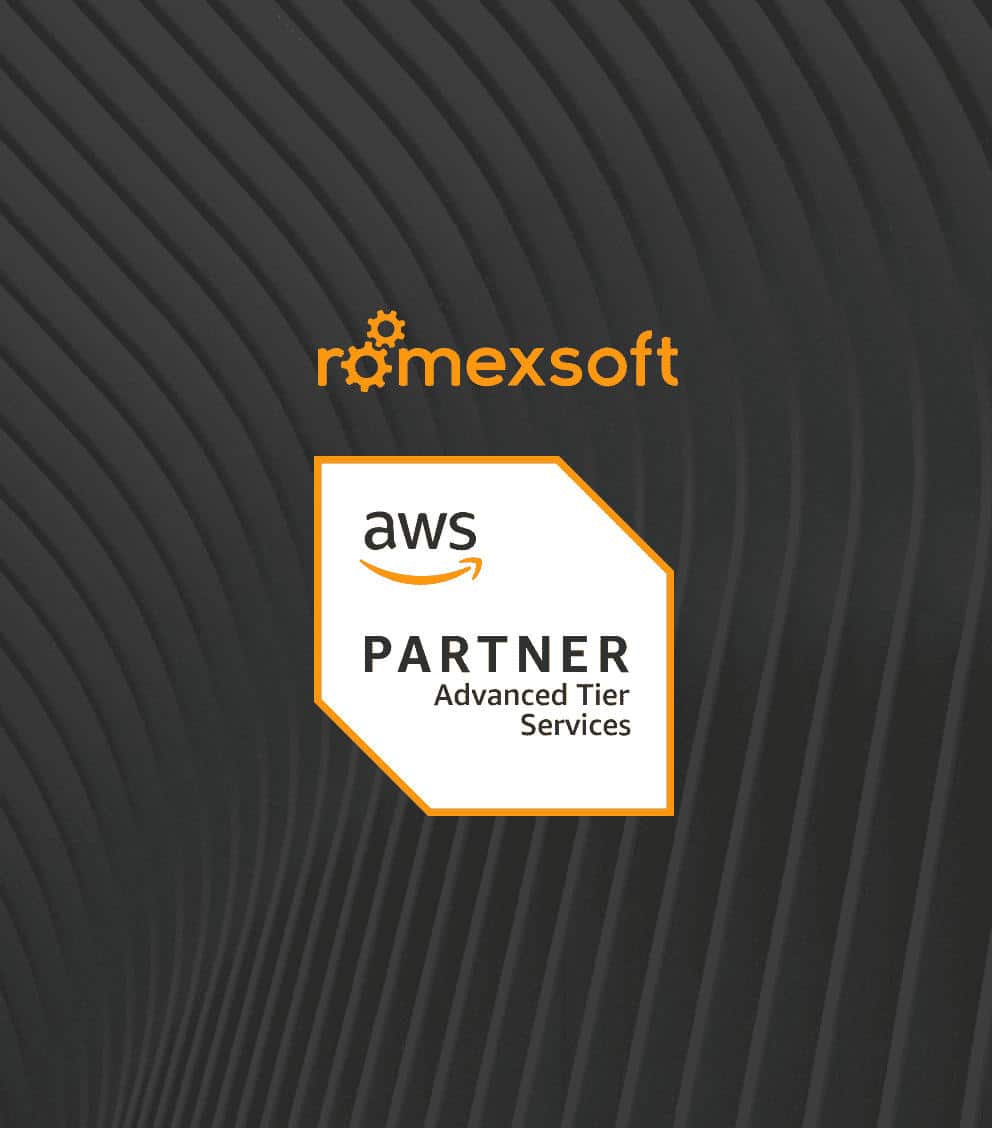Category: AWS DevOps

Many DevOps teams struggle to fully grasp the complexities of configuration management in DevOps, often viewing it merely as source code management. This misunderstanding can lead to errors, inconsistencies, and disruptions in workflows.
In this article, we provide a clear and straightforward explanation of what configuration management is, why it matters, and how it can streamline development and deployment processes. Keep reading if you are interested in the following:
- what is configuration management in DevOps
- what are the key components
- which outcomes should deliver the proper DevOps configuration management
- what tools ensure it functions in DevOps
- what are the best practices to adopt

Incident management is essential in DevOps because it ensures the smooth running of operations, enables rapid response to issues, and maintains high service quality. It’s not just about resolving incidents but also about preventing them through proactive monitoring and early detection.
Therefore, this article explores the critical role of incident management in DevOps. Learn how to futureproof your DevOps environment through robust incident management practices.
The article covers:
- effective strategies for incident management for rapid response
- how to combine automation with human involvement
- methods to secure clear and timely notifications
- ways to reflect on mistakes to prevent future challenges
- importance of continuous improvement

Empowered by the expertise and practical experience of our solutions architects and DevOps experts, the article will guide you in crafting, designing, and implementing automated deployments for SaaS DevOps on the AWS platform.
Given that the object of our scrutiny in this article is the link between SaaS application development and DevOps, we will place a specific emphasis on automation multi-tenant deployments best practices within the SaaS model.
Discover how SaaS can ensure seamless updates and releases while maintaining uninterrupted customer experiences.

Achieving application observability: the ability to gain insight into an app’s inner operation, is a widespread business challenge aggravated by a common problem: effective instrumentation. While observability is increasingly important, the way to achieving it can be obstructed by the intricacies of instrumenting effectively.
The article will lead you to Amazon’s best practices for overcoming this challenge, enabling organizations to gather and analyze their app’s information in order to gain insights as well as take appropriate actions to tackle issues and ensure optimal app performance. Upon reading, you will be able to apply the following knowledge to your app’s merit:
- why instrumentation matters for observability
- how to handle cardinality within visibility
- what tools and services for instrumentation
- what best practices Amazon promotes for achieving visibility

Suppose you have a public-facing web application. Suppose the app users report complaints about the sluggish performance of your application. Both your front-end and your back-end teams dive into their dashboards and metrics, but neither can pinpoint the root of the problem. What we typically discover upon analyzing a case is that businesses have plenty of technical metrics and only a scarce, if not none, representation of user experience metrics for an app. That is exactly the issue with observability that generates certain blindness to the origins of user dissatisfaction.
In this article, we delve into the essence of application observability, uncovering its pivotal role in ensuring robust functionality. Join us to find out:
- what application observability stands for
- why application observability matters for performance
- what the three pillars of app observability are
- what application observability tools and services AWS has to offer.

Explore the future of DevOps with a deep dive into emerging trends and innovations. From embracing AI and machine learning to the rise of hybrid cloud environments, this comprehensive guide offers insights into how DevOps is evolving and what you need to know to stay ahead of the curve.

In this article, you’ll learn how to integrate robust security measures into your DevOps pipeline, from understanding vulnerabilities to continuous monitoring.
The blog discuss:
- understanding of threats
- leveraging IaC wisely
- shifting security left
- automating testing
- managing access control
- monitoring continuously

Discover the transformative power of DevOps in modern software development. In this comprehensive guide, you’ll find out:
- The critical role of DevOps in streamlining processes and enhancing collaboration
- An in-depth look at version control systems like Git and SVN
- How continuous integration and continuous deployment tools like Jenkins, CircleCI, and Travis CI are shaping the DevOps landscape
- Insights into the technologies that empower development and operations teams

